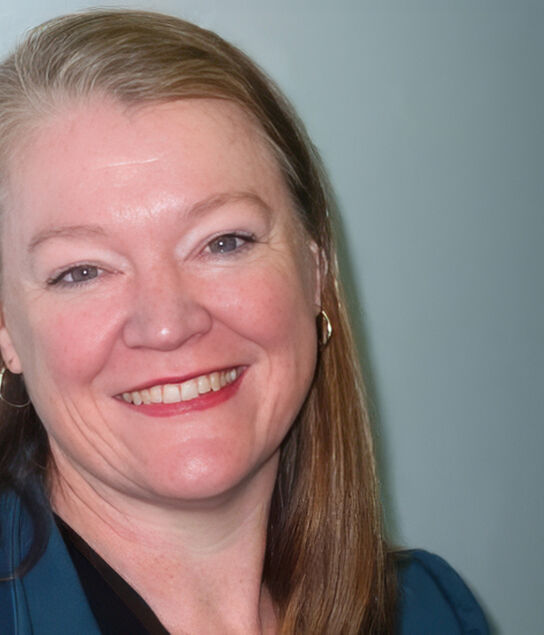Key Details
- Categories
- Masterclass Series
- Course Code
- CPE25MCSLP
Course Information
Session 1: Oral musculature assessment – what to look for if you suspect dysarthria or apraxia
Oral Musculature assessments are a key component of differential diagnosis of moderate – profound speech disorders but speech pathologists are often unsure of what they are looking for when they do one, or even how to do one. This session will go through
- the components of an OMA,
- how to observe and elicit differences in structure and function of the speech mechanism,
- discuss key signs of dysarthria, velopharyngeal incompetence and childhood apraxia of speech
- consider how children with different disorders perform in tasks of DDK
Tips and tricks will be provided to help you develop your skills in completing an effective and efficient OMA.
Session 2: Tests, tasks or samples – how to get the most out of an assessment of child speech
Time is short and your caseload is complex so how do you assess children’s speech effectively and efficiently? This session will provide you with both evidence based best practice and hacks and tricks to get the most out of a speech assessment.
Session 3: Differential diagnosis – does this child have dysarthria, apraxia, phonology or something else?
If you have a large tub of mixed lego, how do you sort it so that you know if it is made of one boxed set or several? This workshop will explore how we use speech assessment data and some new (free) tools to work out whether the children we work with have one or more speech disorders. We will talk about the unique characteristics of CAS, dysarthria, VPI and phonology and what they look like when they overlap. Come prepared to join in.
Session 4: Dynamic Temporal and Tactile cueing (DTTC) – speech treatment for children with little or no speech
DTTC is a treatment developed at the Mayo Clinic in the USA and is designed for young children with severe-profound motor speech disorders including childhood apraxia of speech and dysarthria. It focuses on using carefully graded cueing that matches the child’s capacity while building their speech motor skills. This masterclass will include video of Tricia proving DTTC therapy to a child with severe CAS.
Session 5: Rapid Syllable Transition Treatment (ReST)
Rapid Syllable Transition Treatment (ReST) is an evidence based treatment for people with apraxia and dysarthria. It has been developed over the last 15 years in Australia and proven to be effective in English, Italian, Portuguese, Korean and Danish. This session will explain the basics of ReST therapy and provide you with some hints and tricks for problem solving.
Session 6: Evidence and implementation of the Nuffield Dyspraxia Program
Many clinicians know the Nuffield Dyspraxia Program from its wealth of therapy materials but have you ever read the manual? This final masterclass will introduce the program, discuss evidence based ways to use it, provide examples and encourage a systematic approach to intervention using the Nuffield.

